
Koforidua — The leadership of some Select Committees of Parliament have participated in a two-day workshop to enhance their capacities in parliamentary oversight through public procurement, in Koforidua, the Eastern Regional capital.
It was held under the auspices of the Office of the Minister of State in Charge of Public Procurement, for leaders of Select Committees of Parliament for Finance, Roads and Transport, Defence, and The Interior, Mines and Energy and the Public Accounts.
The rest are Lands and Forestry, Works and Housing, Health, Local Government and Rural Development, Communications, Education and Trade and Industry.
It was organised on the theme: "Enhancing Parliamentary Oversight Through Public Procurement"' and the topics discussed, include 'Legal Framework of Procurement in Ghana", "Role of Parliament in Ensuring Value for Money," "Procurement Principles and Ethics," and "Tender Eligibility."
Madam Sarah Adwoa Safo, the Minister of State in-charge of Public Procurement, said the quantum of resources or revenue lost through corruption and inappropriate procurement practices is alarming, hence the need to strengthen Ghana's procurement system.
She said if Ghana was to stem the tide against corruption, which according to her was pervasive through public procurement, corruption must be made a high risk activity, and corrupt public officers must be punished to serve as a deterrent.
According to the minister of state, who is also Member of Parliament (MP) for Dome-Kwabenya, public procurement in Ghana currently accounted for approximately 70 per cent of government expenditure; revealing that 80 per cent of the Auditor General's report findings were public procurement malpractices.
Ms Safo said it was important to enhance the capacities of MPs, who approve the expenditure of projects for Ministries, Department and Agencies.
To promote greater accountability in public procurement, she said the ministry was working to compile a database of the past performance of all contractors, suppliers and service providers, to evaluate their contractual performance abilities and financial capabilities.
"From this data, contractors, suppliers and service providers will be rated. Worse performers will be blacklisted and suspended or debarred for a specified period. This is indeed to promote accountability, integrity, transparency and value for money in the performance of all government contracts. At the end, it will restore sanity in contractors," Ms Safo stated.
The Minority Chief Whip, Alhaji Mohammed-Mubarak Muntaka, blamed the New Patriotic Party (NPP) and the National Democratic Congress (NDC) for entrenching the culture of opaqueness in the procurement structure of the country.
She said the practice of awarding contracts to party agents over the years was the bane of corruption that had engulfed the procurement regime.
Alhaji Muntaka, who is also MP for Asawase, said the NPP and NDC used contracts as a means to reward party faithfuls, who in one way or the other, contributed to the fortunes of the party at the polls, hence the lack of transparency in the procurement process.
He said if NPP and NDC does stop awarding government contracts to their supporters, the country would not make any gain in fighting corruption through public procurement.
Read Full Story
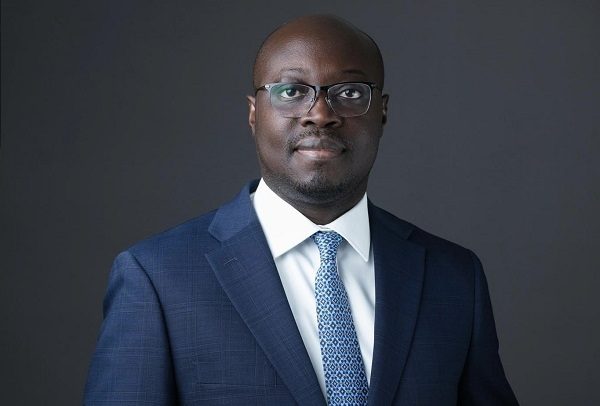
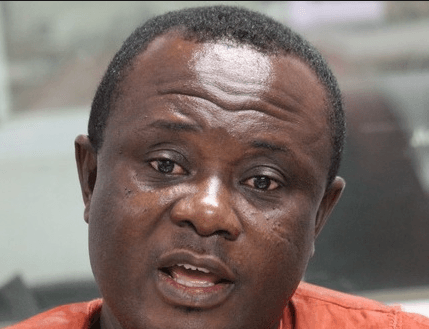
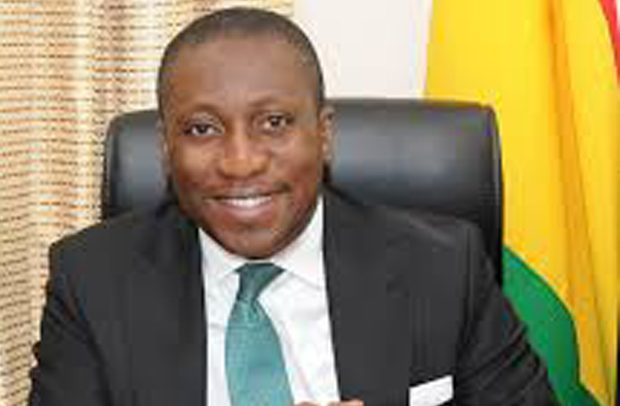

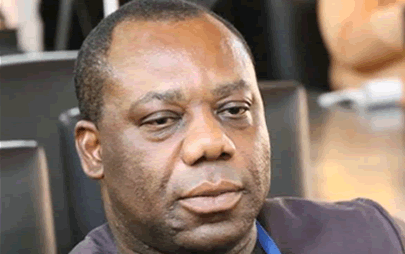








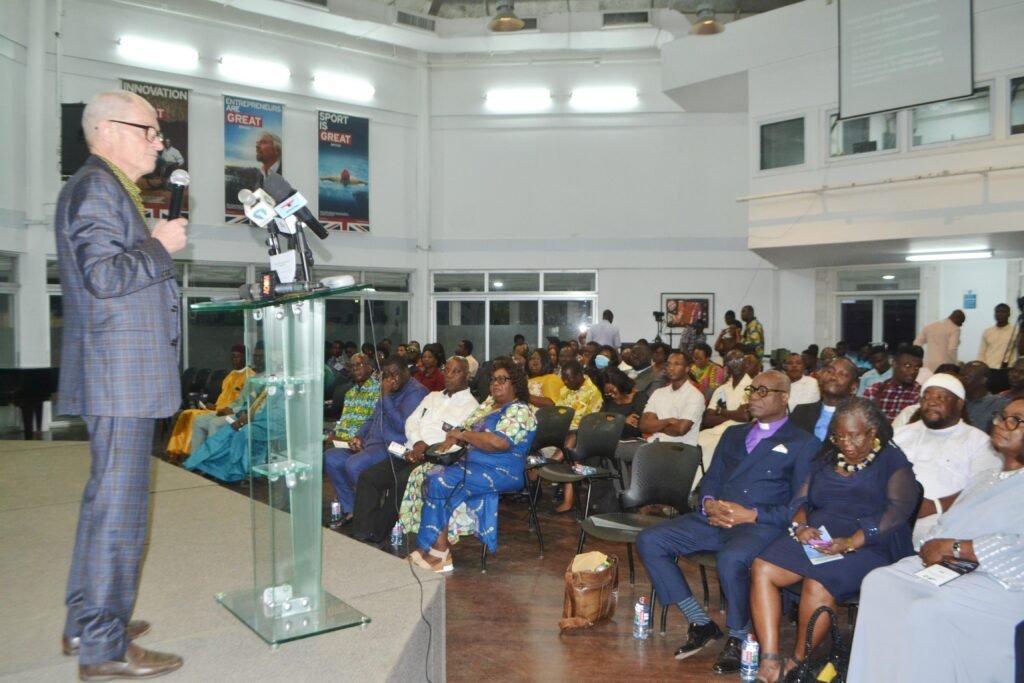





Facebook
Twitter
Pinterest
Instagram
Google+
YouTube
LinkedIn
RSS